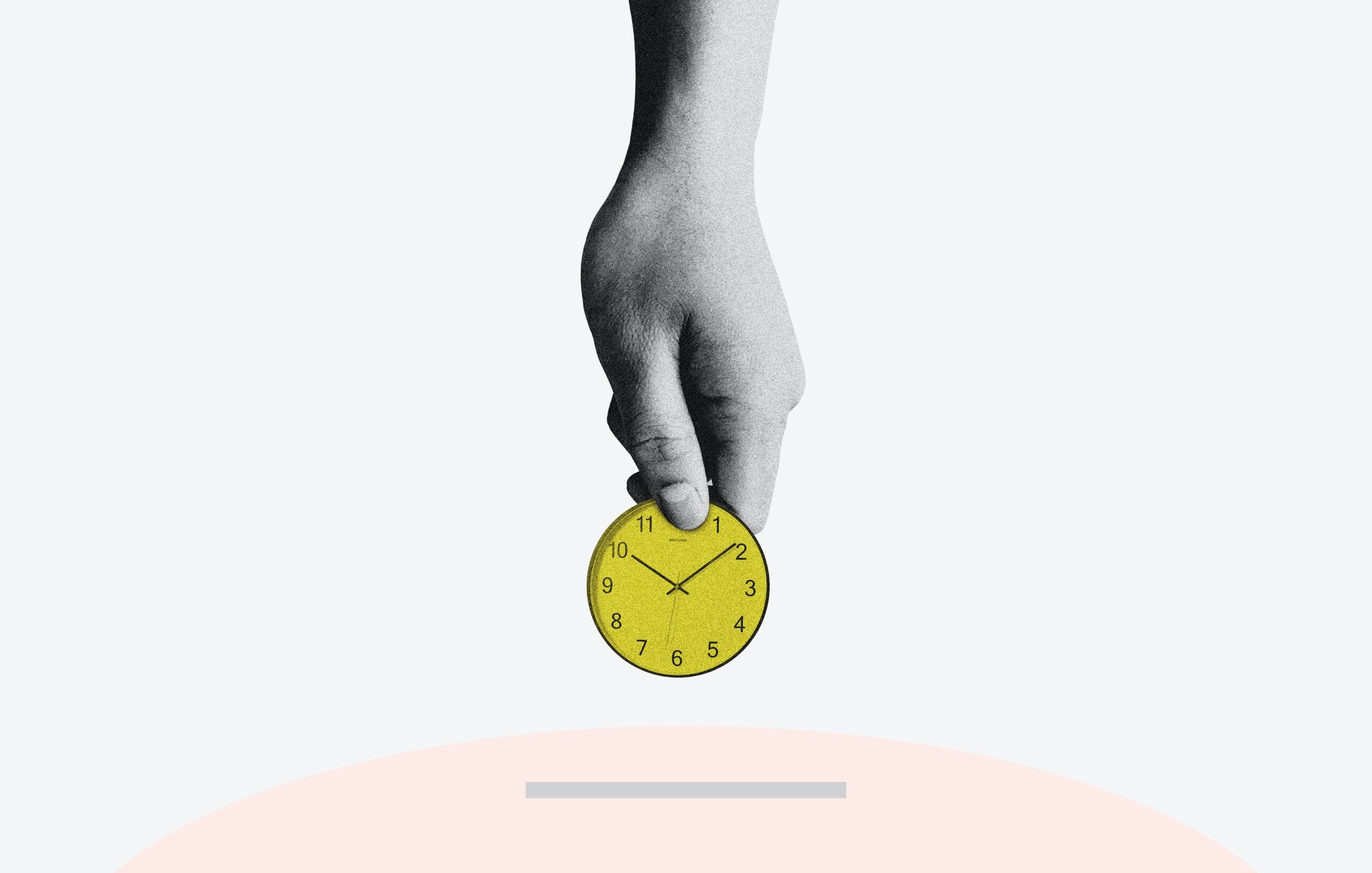Mixed Up Money
START TRACKING YOUR SPEND
Get to know where you spend, how it makes you feel and what really matters when it comes to your money!
Grab your freebie!
Blog Categories
Let's stop pretending that being good at money means you need to be good at math. Instead, let's listen to our body and our mind.
Hi, I'm Alyssa Davies

Relearning how to spend responsibly can feel scary
If you’ve been working towards a significant financial goal for a while now, the day you finally achieve your *ideal* number should feel like a dream come true. But, sometimes, what’s more complex than actually saving up enough money to make a significant purchase is following through with the expense.
When you make the final transfer or swipe your card, or drop off the check, you can feel something in your gut. It’s not the typical fear of an inability to afford the said item. You know full and well you’ve got this one. The problem? You finally have savings — so why would you want to let them go?
Whether this significant purchase is a new (used) vehicle, a shiny MacBook, or the downpayment for your first home — it’s a big deal.
I mean, you’ve likely been saving this money up for months, if not years. So it’s actually a freaking HUGE DEAL. Who am I kidding?
It’s okay to feel hesitant about a planned purchase
It happens so fast. You’ve been watching your account build and build, suddenly hit empty. $0. All within a matter of seconds or minutes. It’s exciting to purchase something new. Yet, you feel anxious. You are worried, even. It’s almost like you have major purchase blues.
You’re not alone. It’s normal to feel less stressed and less worried when you have a significant amount of money sitting in your bank account. If anything goes wrong, you can use that money to cover a considerable expense. It’s almost like a security blanket.
But, the problem with this mindset is that it stops us from doing exactly what we plan to do with our money because we fear what might happen once we let go.
How can you remove the anxiety behind a major purchase?
1. Never put all your eggs in one basket
If the fear of spending money you’ve saved on a big purchase, like a mortgage or a vehicle, feels overwhelming, the real problem may not be a scarcity mindset. Instead, the problem could be that you no longer have a backup plan or an emergency fund. Before you spend any significant chunk of change, you need to set yourself up for financial success and less stress by saving for the “what-if” and “could-be” moments. Don’t put all of your eggs (money) in one basket (savings account). That way, when you let go of your money, you still have enough to cover any surprise expense.
2. Add a buffer to your savings goal
Just like we never want to let our gas tank run to empty, we never want to let our bank accounts get close to the red, either. For that reason, it’s okay to work a buffer into your savings goal. Why is this ideal? Say your latest financial goal is buying a new camera. If the price goes up or you want to buy a last-minute accessory, you can do so without any hesitation. However, if you don’t purchase anything extra, you can calmly walk away from that purchase knowing you’re not back at square one because you already have a small start to achieve your next financial goal.
3. Check your emotions
Money is emotional. For that reason, it’s always a good idea to continually remind yourself why you were saving. Your why is what keeps you going in moments of doubt or anytime you feel yourself slipping out of that motivational mindset that you need to accomplish any goal. You work hard to achieve financial goals. That hard work shouldn’t be for nothing. Money is meant to be enjoyed, and by telling yourself otherwise, you’re doing yourself a disservice.
When I paid off my debt, I had just come off of a year-long shopping ban, spending money only on essentials. Relearning how to spend responsibly felt scary and intimidating. It’s not a quick fix, and it won’t happen overnight. But by taking small actionable steps to get comfortable with something that will make you more financially capable is key.
This isn’t a small item that you randomly saw while walking the mall. If you’ve saved up for any major purchase, it’s clearly something that you’ve wanted for a significant period.
Financial experts will always say to practice the 24-hour rule to help ensure you make the right decision. This is beyond that goal. Remember that. If we work hard to save, we deserve the fairytale ending that we’ve been hoping for over the past few months (or even years) to achieve our goal.
Oh no, you missed the live webinar! But, good news: Mixed Up Money is pleased to share a resource for anyone planning for a future child or family.
financially preparing for baby
Mixed Up Money is pleased to share a free resource for anyone looking to cut back on non-essential spending. My most-requested product is these monthly calendars to share on your Instagram story, use as a phone background, or print off to track your spending habits.